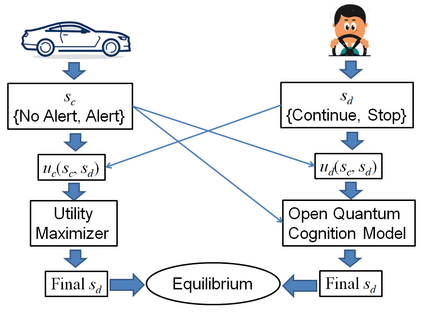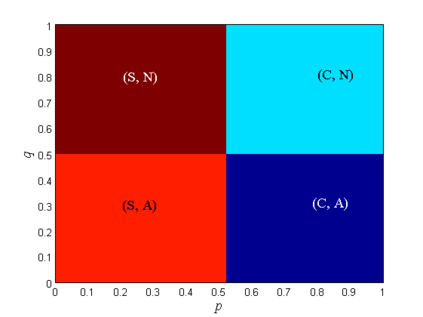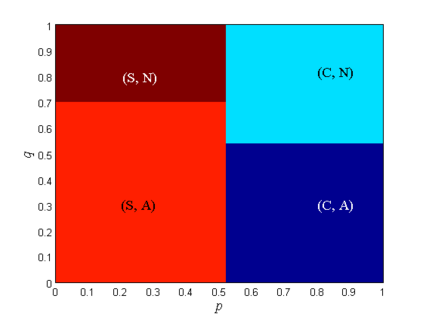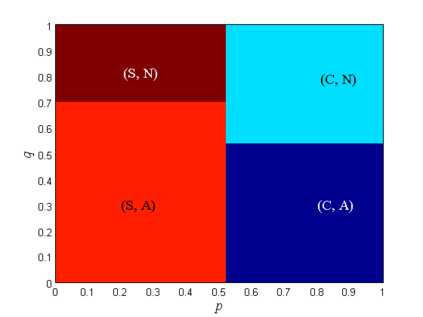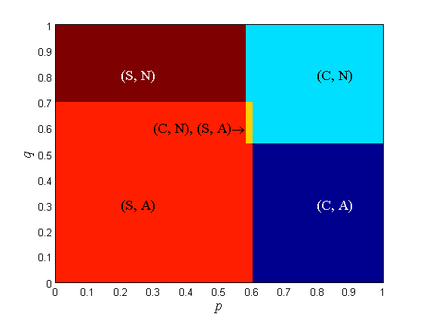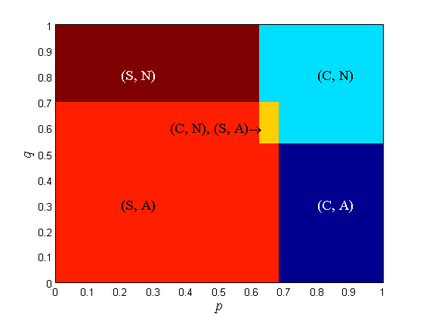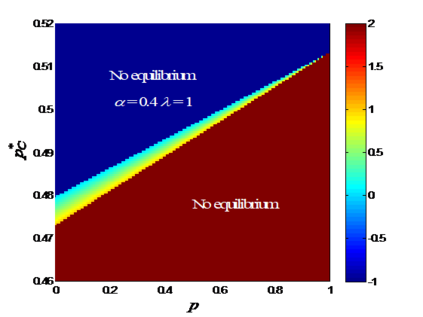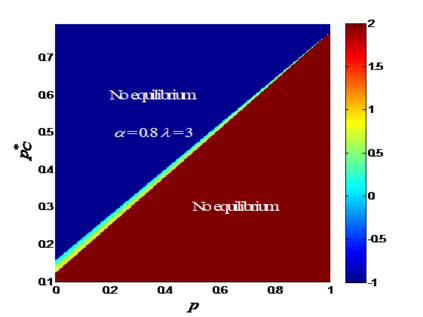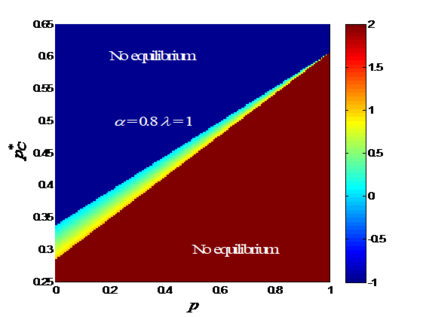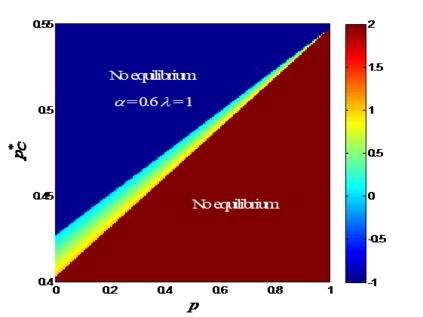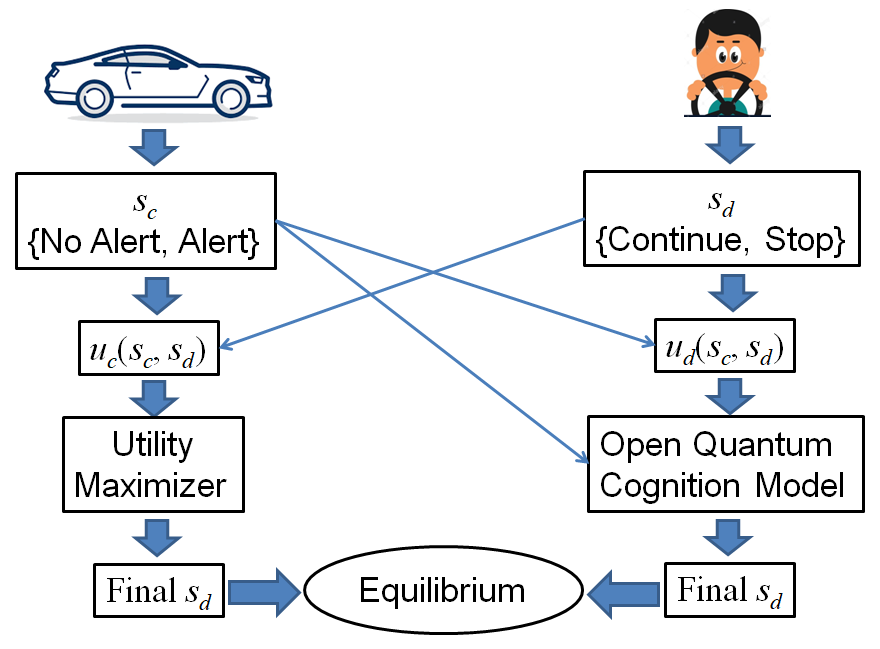State-of-the-art driver-assist systems have failed to effectively mitigate driver inattention and had minimal impacts on the ever-growing number of road mishaps (e.g. life loss, physical injuries due to accidents caused by various factors that lead to driver inattention). This is because traditional human-machine interaction settings are modeled in classical and behavioral game-theoretic domains which are technically appropriate to characterize strategic interaction between either two utility maximizing agents, or human decision makers. Therefore, in an attempt to improve the persuasive effectiveness of driver-assist systems, we develop a novel strategic and personalized driver-assist system which adapts to the driver's mental state and choice behavior. First, we propose a novel equilibrium notion in human-system interaction games, where the system maximizes its expected utility and human decisions can be characterized using any general decision model. Then we use this novel equilibrium notion to investigate the strategic driver-vehicle interaction game where the car presents a persuasive recommendation to steer the driver towards safer driving decisions. We assume that the driver employs an open-quantum system cognition model, which captures complex aspects of human decision making such as violations to classical law of total probability and incompatibility of certain mental representations of information. We present closed-form expressions for players' final responses to each other's strategies so that we can numerically compute both pure and mixed equilibria. Numerical results are presented to illustrate both kinds of equilibria.
翻译:因此,为了提高司机协助系统的说服力,我们开发了一个新型的战略和个人化的司机协助系统,以适应司机的精神状态和选择行为。 首先,我们在人类系统互动游戏中提出了一个新的平衡概念,在这个概念中,该系统将尽可能扩大其预期效用和人类决定的特征使用任何一般决定模式。 然后,我们使用这个新的平衡概念来调查驱动器-车辆战略互动游戏,在那里,汽车提出一个有说服力的建议,引导司机做出更安全的驾驶决定。我们假设司机使用一个开放的系统认知模型,这个模型能够捕捉到司机精神状态和选择行为的复杂表现。

